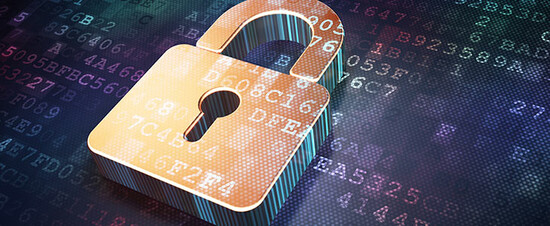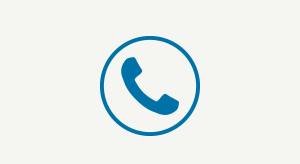Despite the fact that apps are more predominant in most people's everyday online interactions than traditional websites, the core Internet safety guidelines have not changed. Hackers are still looking for personal information that they may use to get access to your credit card and bank accounts.
Unsafe browsing can also lead to additional dangers, such as humiliating personal remarks or photographs that are virtually hard to remove after they've been posted online, or getting mixed up with people you'd rather avoid.
We keep our houses locked and our precious items in safes when we wish to protect them. But how can we wisely safeguard our online identity? To keep you secure online, we’ve prepared a thorough Internet safety handbook consisting of cybersecurity advice and best practices.
Keep Personal Information Professional and Limited
Hackers can use your social media accounts to figure out your passwords and answer the security questions in password reset programs. Lockdown your privacy settings and prevent sharing personal information such as birthdays, residences, and your mother's maiden name. Requests to connect with people you don't know should be avoided.
Keep Your Privacy Settings On
Your browsing and social media habits may give marketers and hackers loads of information. However, you have control over your data. Both web browsers and mobile operating systems include privacy options that may be used to preserve your online privacy. Privacy-enhancing features are also accessible on major websites like Facebook. Companies need your personal information for their marketing development, thus these settings are sometimes (deliberately) difficult to uncover. Make sure you have these privacy measures enabled and that you keep them that way.
Use caution when browsing the internet.
Provide bank information only to sites that offer safe, encrypted connections. Secure sites may be identified by checking for an address that begins with https: (the S stands for secure) rather than simply http:.
Cybercriminals know that consumers are occasionally tempted by questionable content and may relax their guard when looking for it. They use lurid information as bait. The Internet is full of hidden dangers, where a single thoughtless click might reveal personal information or infect your computer with malware. Don’t give them a chance by resisting the desire.
Choose Strong Passwords
You can’t get away without using passwords. You need them virtually everywhere and they are the core Internet security source. The issue with passwords is that individuals prefer to use simple-to-remember ones that are also easy to guess for cybercriminals. Choose strong passwords. Use password manager software to help you run multiple combinations and create long mixed up letters and digits to build strong passwords.
Bank Safely Online
While online banking and mobile banking applications may be a safe and convenient method to manage your accounts, it's critical to follow cybersecurity best practices to keep your personal financial information safe. It's extremely vital to choose a strong password for online bank accounts. Hackers will go to tremendous efforts to acquire access to your personal financial information, so protect and secure your bank accounts.
Use a Secure VPN and Wi-Fi Connection
Make sure to use secure public Wi-Fi connections when it is necessary to go online in a public place. Also, use a safe VPN connection to boost your Internet surfing security even further (virtual private network). It guarantees the security between your device and an Internet server, ensuring that no one can monitor or read the information you exchange.
Be Cautious What You Post
The Internet does not have a delete key, because you cannot erase any copies generated by others, any comment or image you upload online may remain online indefinitely. You won't be able to "take back" a statement you regret making, or delete that awkward selfie you snapped at a party. Don’t share stuff on the Internet that you wouldn't want your mother or a future employer to see.
Online Dating Scams
People you meet online are not always who they say they are and they may not even exist. Scammers will trick their victims by building a close personal relationship with them and then utilising that relationship to get personal and financial information. Online dating scams affect people of all ages, but research reveals that older individuals are particularly vulnerable. They need to be educated to stay away from the hazards of online romance scams. Therefore, be as cautious and sensible in your online social life as you are in your in-person social life.
Update your antivirus software frequently
Your antivirus software may not protect you from every attack but it will identify and delete the great majority of malware—just make sure it's up to date. Also, make sure you're up to date on your operating system and any programs you're using. They add an important layer of security.
If you follow these nine fundamental Internet safety guidelines, you'll be able to avoid many of the unpleasant surprises that lurk online for the unwary.


Comments
There are no comments yet. Login or Register and write an article comment